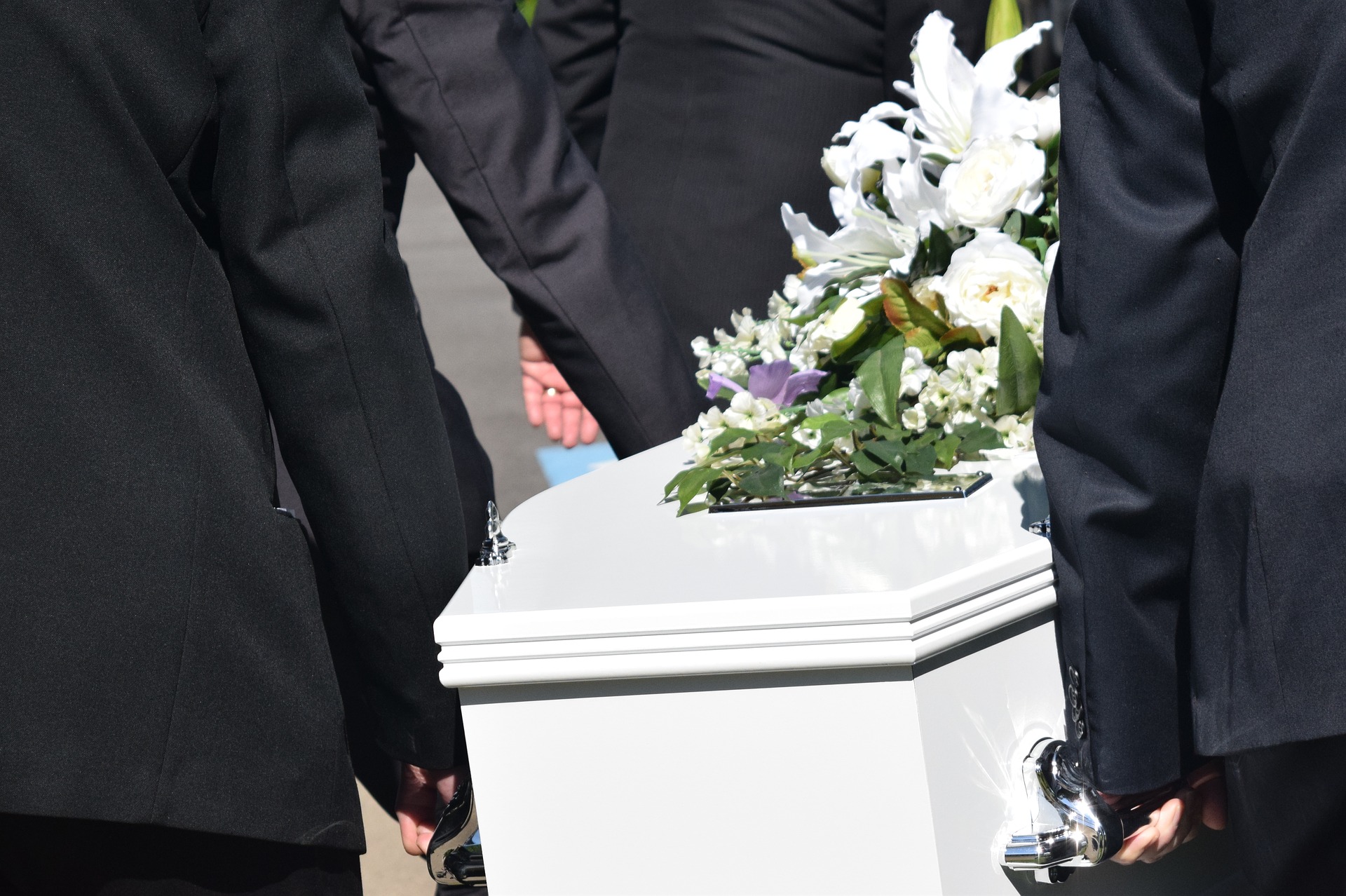
One of the hardest lessons for a child to learn is that loved ones die. Young children, especially, struggle with the concept of death and may continue to ask where the person is long after he has passed. As your family heals from the pain of losing a loved one, take care to help children deal with their grief in healthy ways. In helping them through the pain, you will get some comfort, too.
- Help Children Understand the Death of a Loved One Is Not Their Fault
It is normal for people to look for a reason for someone’s death. Children will ask why a loved one has died, and they think in such concrete terms that it will be difficult for them to accept that the death was not someone’s fault.
Sadly, many children think they did something wrong, and that is why a loved one went away from their lives. In fact, “it’s easy for them to flash to an angry memory where they shouted an angry thought or ‘wish,’ and come to the conclusion that they have actually caused the condition.” Ensure that your child completely understands that your loved one’s illness or death is not his fault, even if he does not express his feelings this way.
- Be Honest but Only Give Children as Much Information as They Need
Keep in mind that using appropriate language and honesty is the best policy when helping children through grief. Answer questions with as much information as is appropriate for their age, and be ready to answer the same questions more than once.
Sometimes, parents find that reading books to children about the death of a loved one makes it easier for them to talk about their own grief and ask questions about death. It’s also important to use words such as “death” and “die” instead of “pass away” because vague terms will confuse them.
You also should avoid discussing details that your children don’t need to hear within earshot of them. Too many details may be frightening for them or too abstract for them to comprehend, and they don’t need to know explicit details about your loved one’s illness or circumstances leading up to the death in order to handle their grief.
- Guide Children through Saying Goodbye
Just as you need closure when a loved one dies, so will your children. Don’t exclude them from viewings, funerals, or celebration of life ceremonies that will help them say goodbye to a loved one and share their grief with others.
You should prepare the children for what will happen, especially if it is the first funeral they will attend. Explain that they can see your loved one in the coffin if they want to, and that you can arrange for visiting and saying goodbye privately with you before other family members and friends arrive for the services. If your loved one is being cremated, give your children a choice to say goodbye to your loved one beforehand. They may regret not getting to say goodbye one final time before seeing the urn full of ashes.
- Reach Out to Your Children’s Teachers and Caregivers
Your children may be overcome with emotion or have difficulty handling their grief for some time after the death of a loved one. You should reach out to their teachers and caregivers at daycare and explain how you’d like them to speak to your children and handle their feelings.
You may suggest that they give your children some quiet time to draw or write their feelings in a journal or that they arrange for them to see a guidance counselor on particularly tough days. Building a support system for your children is one of the best ways to help them grieve so they feel safe to express their emotions at any time.
Children will grieve the loss of a loved one in a healthier way if you help them through the process. Explain that nothing is their fault, be honest with them, guide them through saying goodbye, and create a support system for them to make it easier for them to heal.
